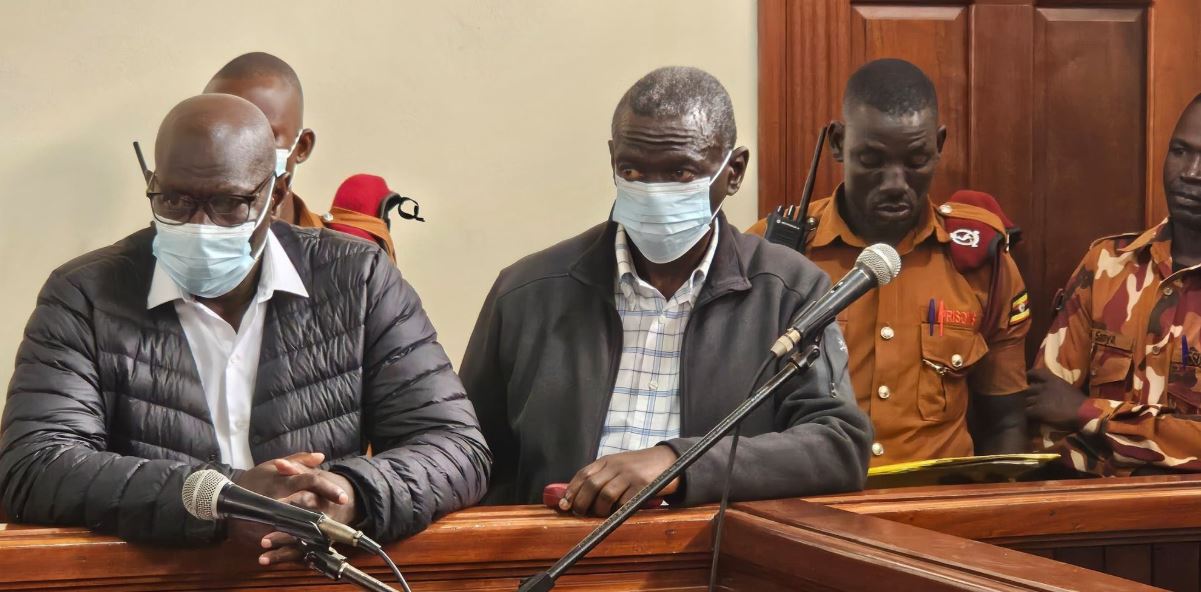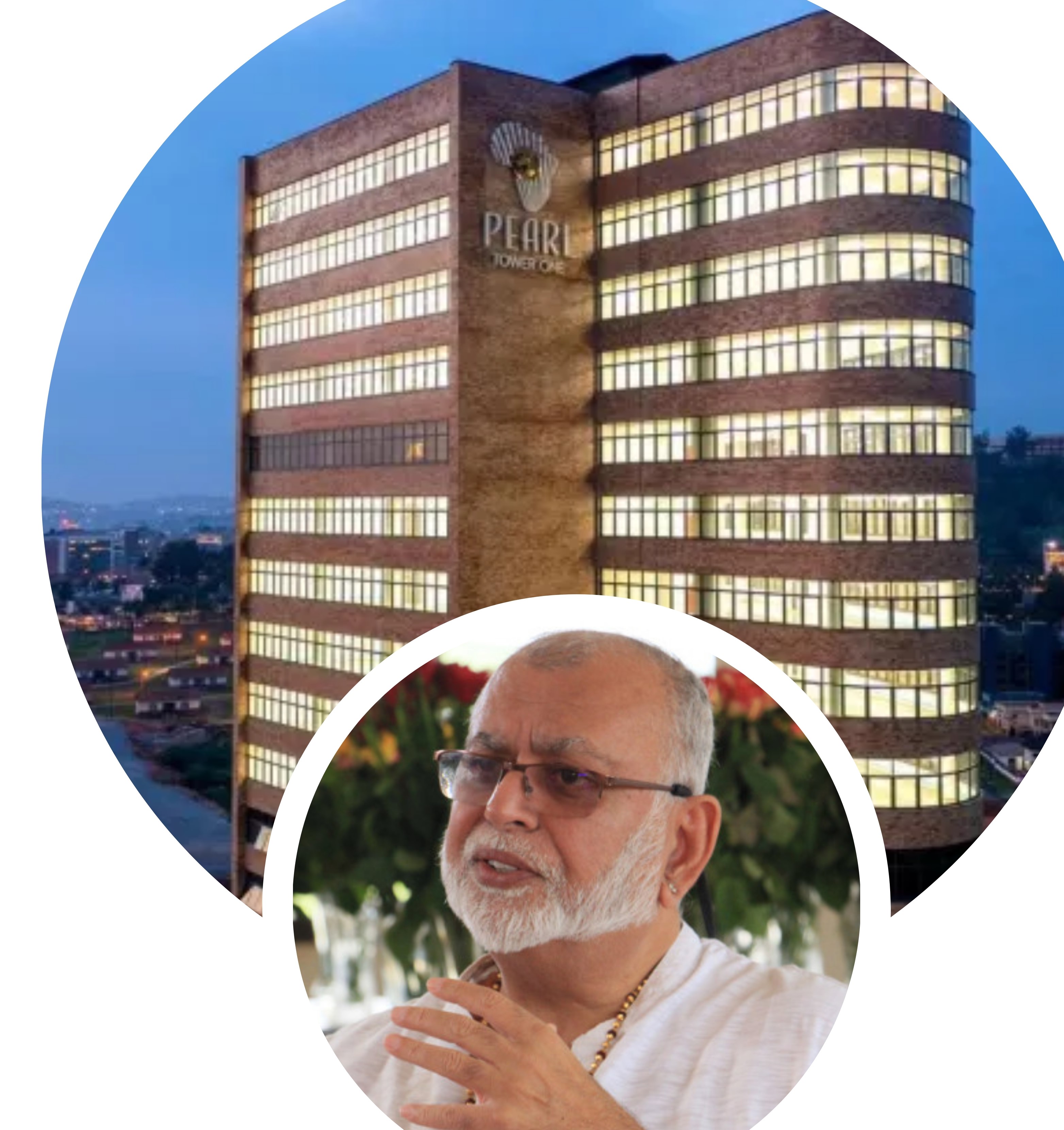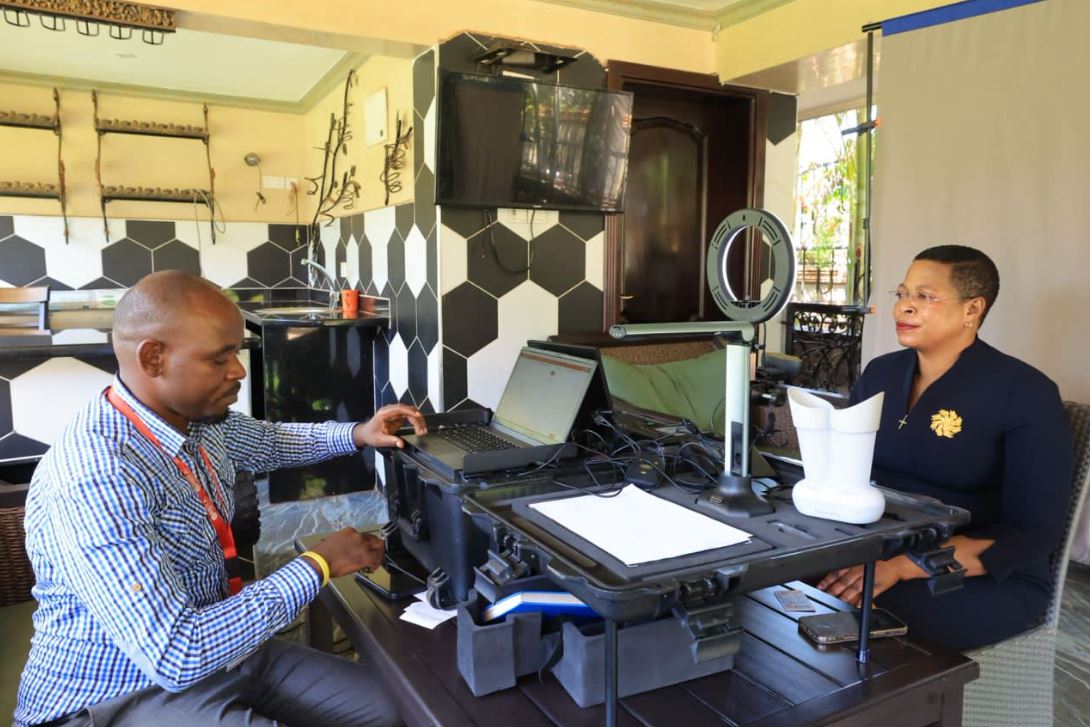Published on 18/08/2025
Uganda Prisons Service (UPS) has denied claims that it restricted the rights of former presidential candidate Dr. Kizza Besigye during his detention at Luzira Maximum Prison.
Deputy Commissioner General Samuel Akena emphasized that no inmate, regardless of their status outside prison, receives special treatment, as all are treated equally to ensure safety and security.

Akena made these remarks while appearing before Parliament’s Human Rights Committee, responding to concerns raised in the 2024 Uganda Human Rights Commission (UHRC) 27th Annual Report on the State of Human Rights and Freedoms.

The report highlighted allegations that Besigye’s family and friends faced restricted access following his controversial arrest in Kenya in 2024 and subsequent charges of terrorism and illegal possession of firearms, alongside co-accused Obeid Lutaale, at the General Court Martial.
“In prisons, all inmates are treated as prisoners, not VVIPs,” Akena stated. “For high-profile cases like Besigye, our focus is on ensuring their safety and security, not preferential treatment. Whether someone is a political party president or not, that status is irrelevant inside prison. Our priority is ensuring all inmates are safe, secure, and have access to their rights, including court appearances.”
The UPS also attributed prison overcrowding to Uganda’s rapid development, which has increased citizens’ aspirations, sometimes leading to crime as individuals pursue a better standard of living. Akena noted, “As the country develops, people want better things, and some resort to crime. The lasting solution to overcrowding lies in addressing why people commit crimes, not just building more facilities.”
According to the UHRC report, Uganda’s prisons faced a congestion rate of 373.2% in 2024, driven by excessive pre-trial detention, imprisonment for minor offenses, delayed police investigations due to limited funding, and court case backlogs. UPS statistics reveal that the prison population grew from 77,316 in January 2024 to 80,076 by December, against a capacity of 20,996, resulting in an excess of 59,080 inmates.
Akena highlighted a shift in prison demographics, with convicts now comprising 52.8% of the population, surpassing those on remand. “Previously, most inmates were on remand, but now convicted prisoners dominate. We are working with the judiciary, police and other stakeholders to address this systematically,” he said.
The UHRC also criticized the government’s practice of detaining civil debtors alongside criminal inmates, recommending asset or salary attachment as an alternative to reduce overcrowding. Of the 80,076 inmates in 2024, 475 were civil debtors.
Akena acknowledged the issue, noting that civil debtors should ideally be held in separate facilities, but a lack of infrastructure forces UPS to house them with other inmates. “By law, civil debtors should be in civil prisons, but we lack the space to separate them from criminal offenders,” he explained.
The UPS continues to face challenges in managing prison congestion and ensuring humane treatment for all inmates, with calls for broader reforms to address the root causes of crime and improve the criminal justice system.








